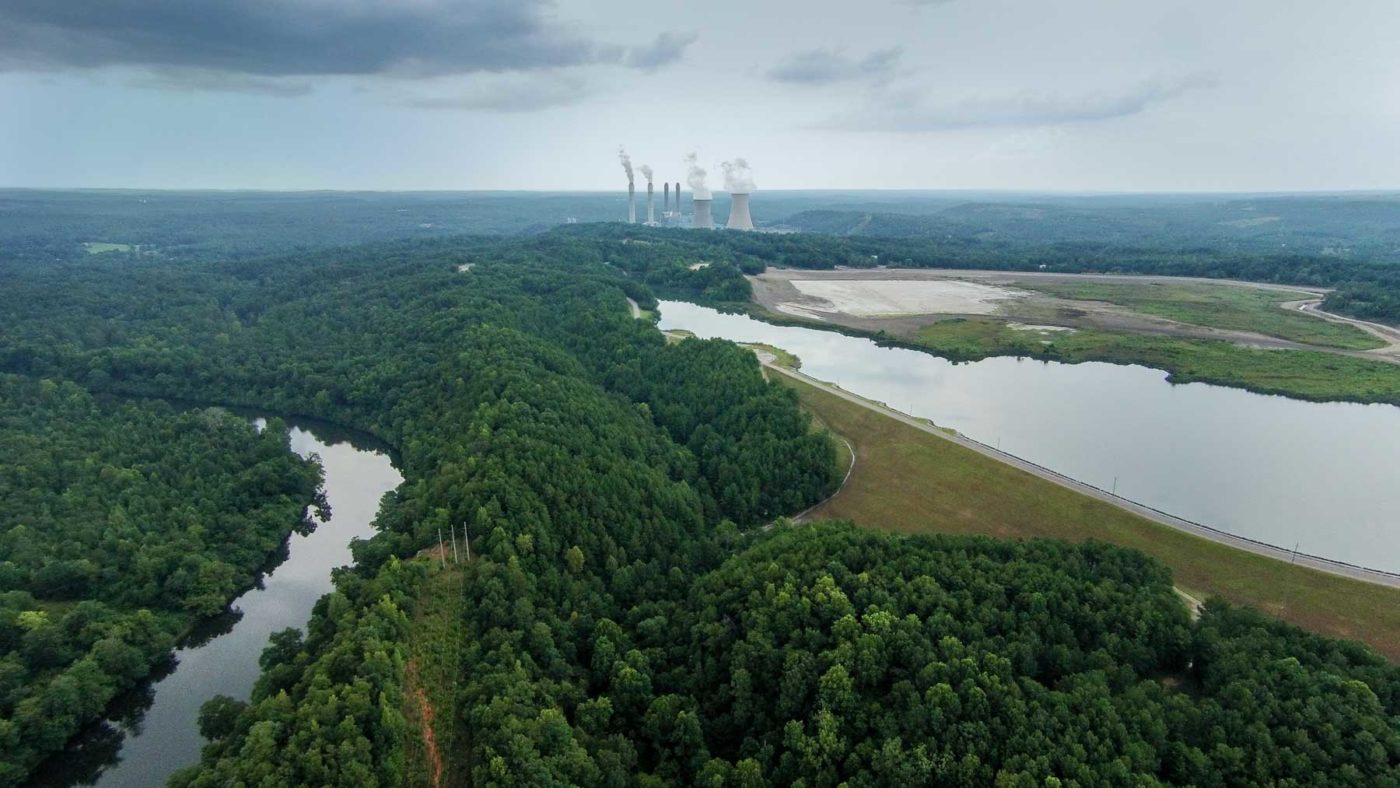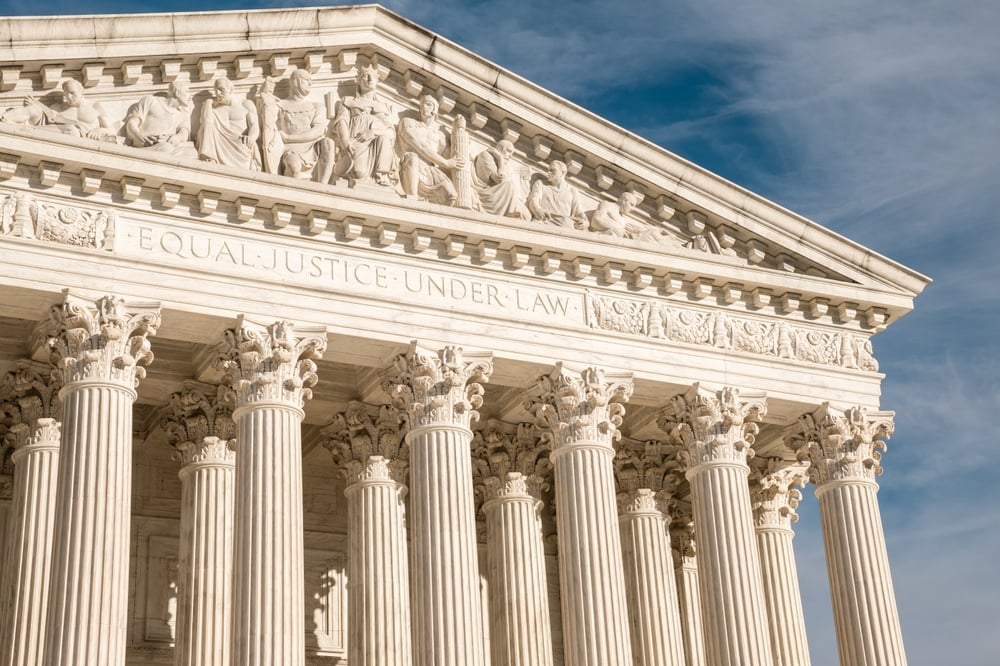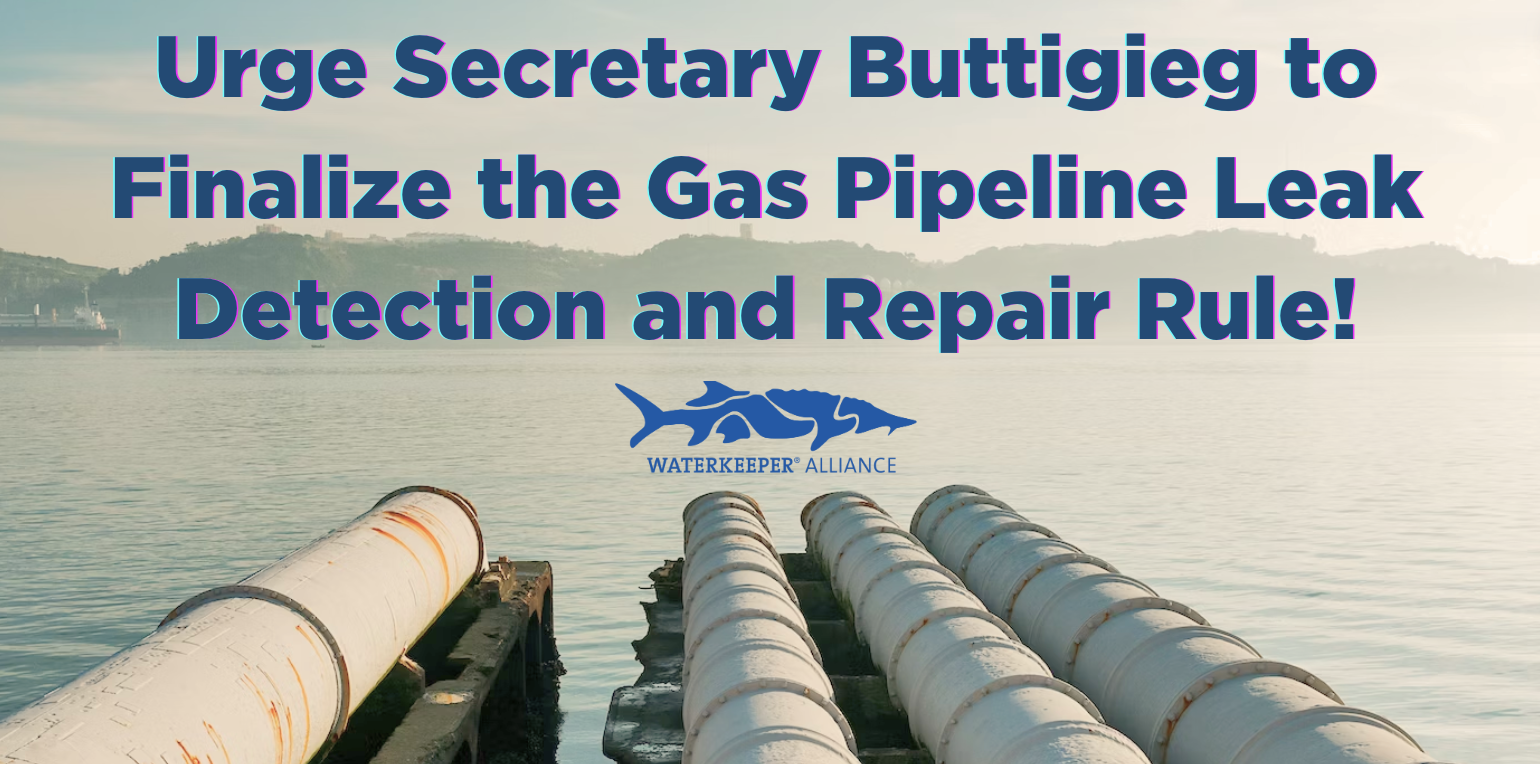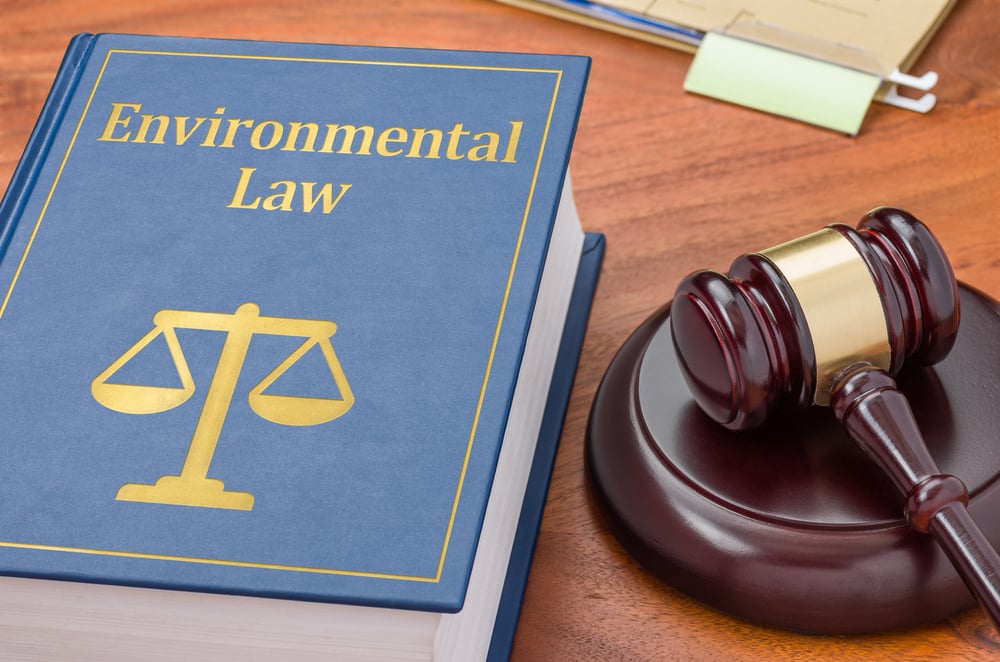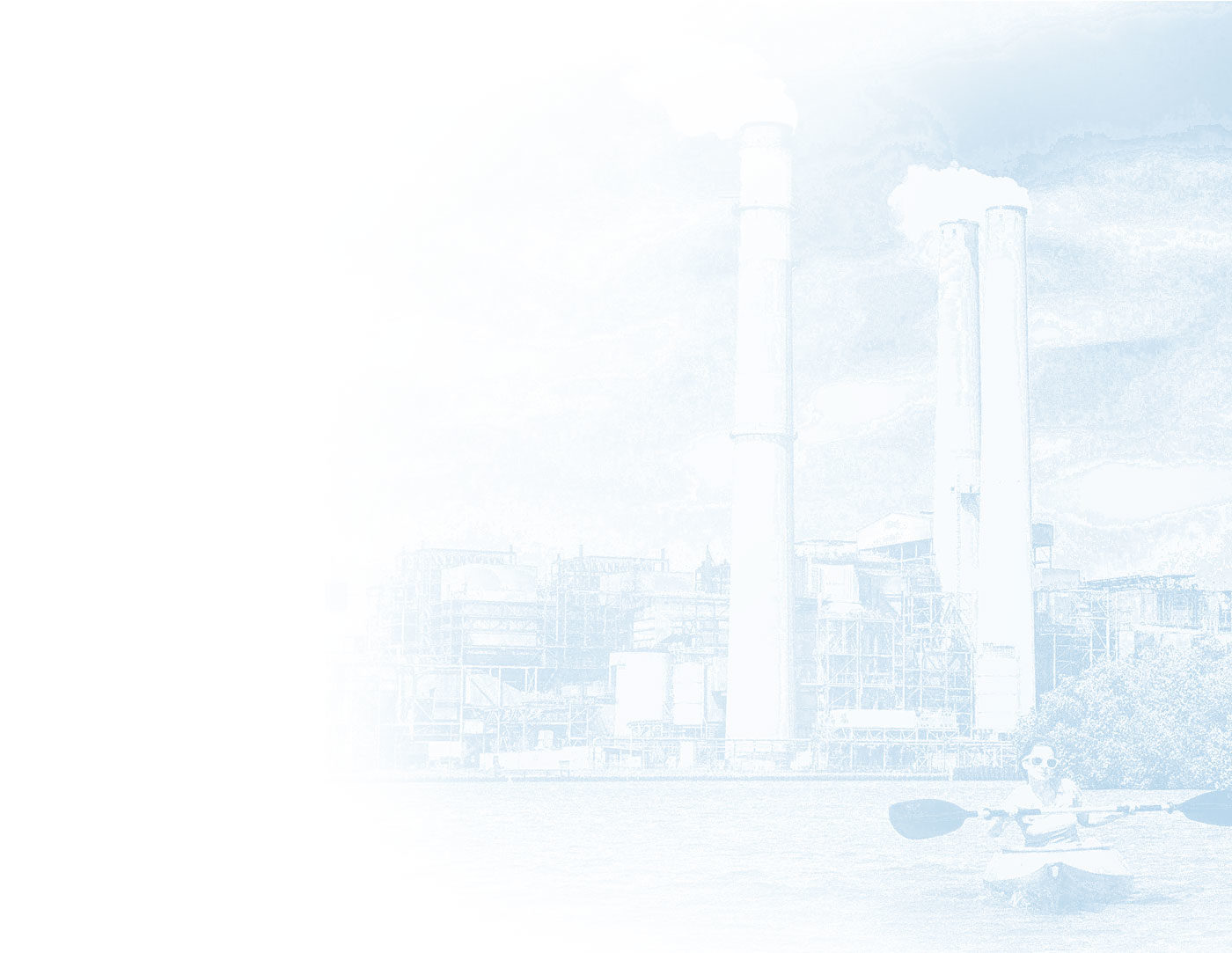
The climate crisis, fueled by dirty energy, is a global water crisis that profoundly impacts water quality, quantity, and security in every part of the world.
The climate crisis is already upon us and is exacerbating our world’s water challenges. Water shortages, intense droughts, wildfires, flooding, and catastrophic storms are increasing. Irreversible alterations to coastlines, shifts in the chemistry of our oceans, and the timing and intensity of rain and snow have turned scientific warnings into harsh reality. The undeniable consequences of climate change are wreaking havoc across the planet from hastening a decline in biodiversity to disproportionately impacting our most vulnerable populations.
In Mongolia, drought is causing people to migrate into cities not equipped to accommodate drastic population growth. In the United States and Mexico, climate change is contributing to the collapse of the Colorado River system that supplies water to more than 40 million people, including 30 Native American tribes. In Puget Sound, the issue of ocean acidification threatens the $270 million a year shellfish industry. In the Bahamas, there is a real risk of losing most of the land as sea levels rise during this century, threatening Bahamian’s heritage, culture, and existence.
There is increased scientific certainty tying these alarming events to climate change and our unrelenting dependence on dirty fossil fuels.
Built upon the following strategic pillars and aligned with the targets and indicators of the United Nations’ Sustainable Development Goal 13, our Climate and Safe Energy campaign catalyzes local and global resources to counteract government inaction by advocating for effective climate policy, financial reform, and community engagement at all levels. We engage in campaigns with national and global coalitions to implement much needed policies, laws, and regulations to halt greenhouse gas emissions and promote climate change mitigation, strategy, and action.
- Community Engagement
- Climate Adaptation and Resilience
- Fossil Fuel Infrastructure and Reliance Reduction
- Climate Policy and Finance
From growing oysters in Raritan Bay, New Jersey to preserving carbon sinks in Cambodia; to restoring mangroves in Vietnam and fighting fossil fuel infrastructure projects in The Bahamas, Bangladesh, Senegal, and the United States: our global movement of Waterkeeper groups use community engagement and holistic environmental strategies to build resilience in their watersheds and protect their communities from climate-induced threats and drivers of the global climate crisis.

Support the Fight
for Clean Water
Donate today to support drinkable, fishable, swimmable water worldwide.
